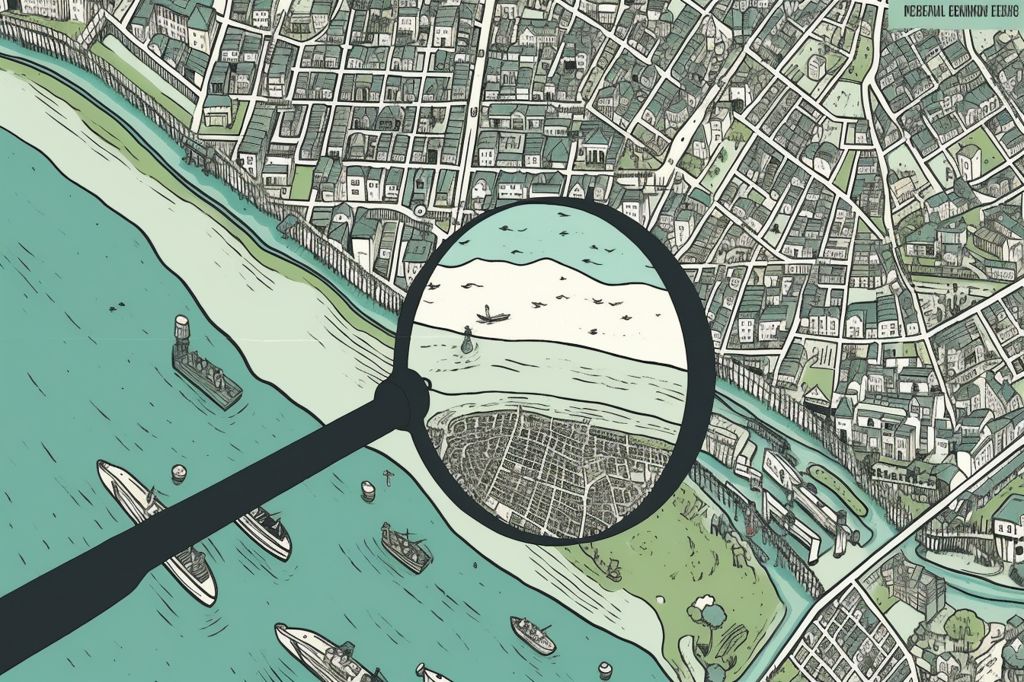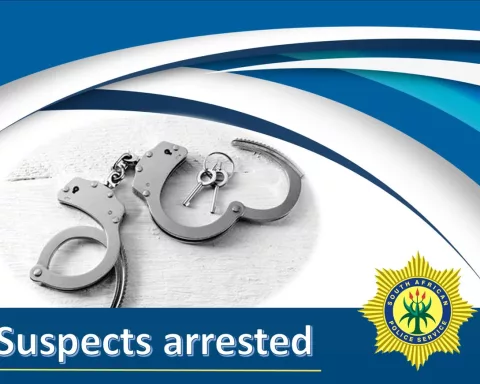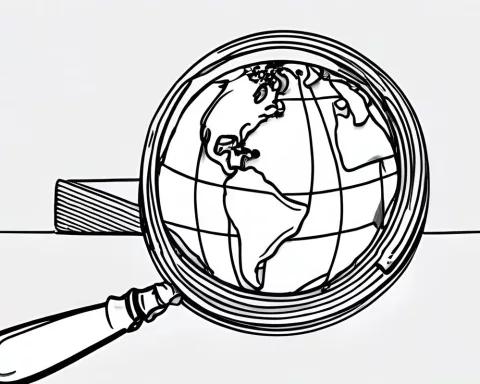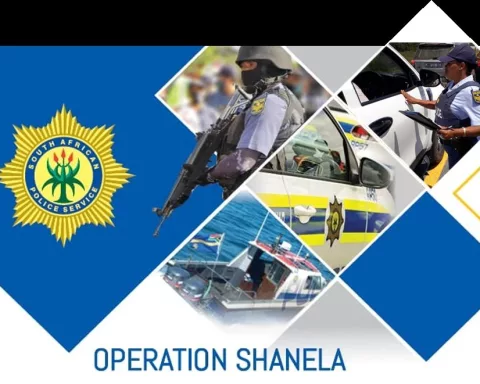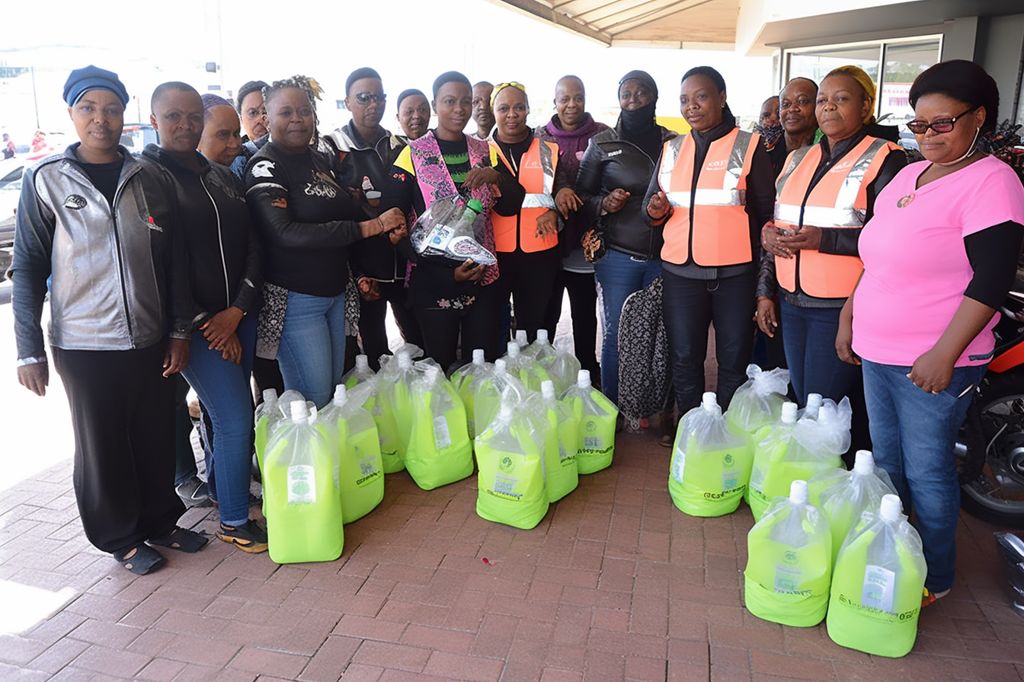The University of Cape Town (UCT) is spearheading a groundbreaking initiative to establish South Africa’s inaugural Youth Violence Prevention Centre. The project, led by student and community activist Zukile Ntentema, aims to tackle crime effectively and foster safer environments in Cape Town by devising targeted prevention strategies focused on the younger generation.
Creating Evidence-Based Tactics and Interventions
The centre seeks to leverage Afrocentric, evidence-based tactics and interventions to address the pervasive issue of crime in South Africa, particularly its impact on marginalized youth. Volunteers will play a crucial role in the centre’s operations, contributing to the development of innovative approaches.
Collaborating Across Sectors
Addressing the pervasive issue of crime in South Africa, particularly its impact on marginalized youth, Ntentema emphasizes the importance of collaborative efforts across various sectors of society. The centre takes on the responsibility of monitoring crime rates in Cape Town, anticipating potential incidents and designing tailored crime prevention strategies for youngsters residing in perilous communities on the Cape Flats.
A Collaborative Space for Empirical Approaches
Ntentema envisions the Youth Violence Prevention Centre as a collaborative space where volunteers can develop and share empirical Afrocentric approaches to address crime, pool resources and ideas and document their progress towards crafting more secure communities. The centre will assess current crime prevention initiatives, determine their effectiveness, and subsequently develop fresh ideas for ensuring safer communities.
A Pioneer in South Africa
With the backing of UCT authorities, academics, and other key stakeholders, Ntentema is collaborating with undergraduate and postgraduate students to launch the centre. He plans to invite scholars and students from other universities to participate in this groundbreaking project.
Ntentema, expressing confidence in the centre’s potential to make a difference in the fight against crime, has already formed partnerships with the South African Police Services youth desk, the Western Cape Government, and the City of Cape Town to support this initiative. He aims to develop rigorously evaluated violence prevention interventions to inform future governmental policies once the centre is operational.
Inspired by successful centres at prestigious American institutions like Harvard and Johns Hopkins University, the Youth Violence Prevention Centre at UCT will be a pioneer in South Africa, offering hope for the future in the battle against crime.

